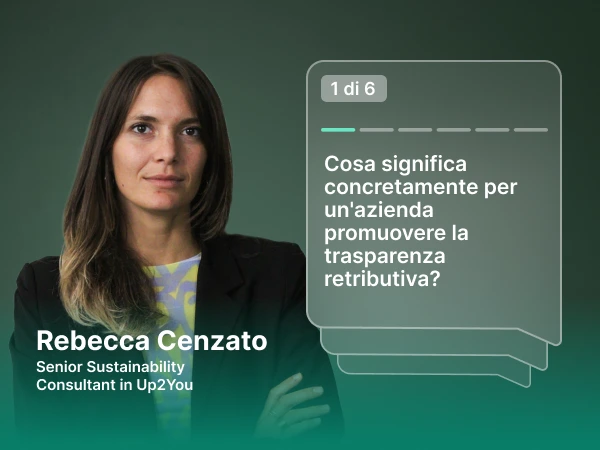TCFD Reporting
What is TCFD Reporting?
In 2017, the Task Force on Climate-related Financial Disclosures (TCFD) has published a series of recommendations on climate-related financial information, to provide financial markets with clear, complete and high-quality data on the impact of climate change.
As for the sustainability report (which, however, concerns all aspects ESG), the information helps investors understand how organizations assess climate-related risks and opportunities. In addition, they provide guidance to assist companies themselves in developing financial strategies compatible with environmental protection objectives.
Is TCFD reporting mandatory?
From April 2022 onwards, the TCFD reporting will become mandatory for around 480 listed companies and more than 1,500 companies registered in the United Kingdom. Organizations interested in this mandate must indicate in their annual report whether the information provided is consistent with the recommendations of TCFD. The United Kingdom will thus be the first country in the G20 to allow large companies to show their financial information to understand the risks and opportunities related to climate in business strategy.
As far as the Italian context is concerned, the TCFD It is still a type of voluntary reporting that only companies that want to ensure more transparency on the market regarding their internal financial policies apply.
TCFD recommendations
TCFD has prepared 4 recommendations on climate-related financial information, applicable to organizations in different sectors:
- governance. Show the role of the board of directors and management in evaluating and managing climate-related risks and opportunities;
- strategy. Demonstrate the real, potential impacts, risks and opportunities related to the climate on the organization's activities and strategy;
- risk management. Show how climate-related risks are identified, evaluated and managed by the organization;
- metrics and targets. Disclose the metrics and objectives used to assess and manage climate-related risks.

























